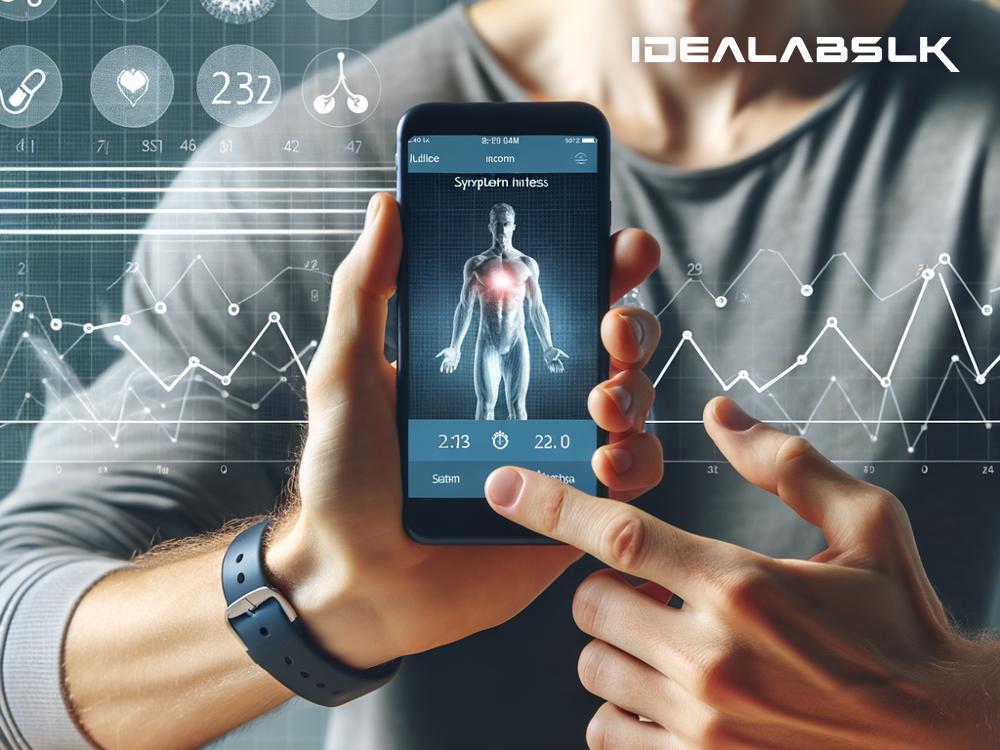How Digital Health Apps are Transforming Chronic Condition Management
In recent years, digital health apps have emerged as game changers in the way we manage chronic health conditions. These innovative tools are making it easier for millions of patients worldwide to monitor their symptoms, thus playing a crucial role in their overall health management. Let’s dive into how these apps are making a significant impact and why they’re becoming an indispensable part of patients' lives.
Understanding the Role of Digital Health Apps
Chronic conditions such as diabetes, heart disease, and arthritis require continuous monitoring and management. This is where digital health apps come into play. These apps allow patients to track their symptoms, medication intake, physical activity, and more, right from their smartphones or tablets. It's like having a personal health assistant at your fingertips.
Why They’re a Game Changer
-
Easy Monitoring: One of the core benefits of health apps is their ability to simplify symptom tracking. Patients can easily enter information about their daily health, including any new or worsening symptoms, which can be crucial for their doctors to know.
-
Personalized Insights: Many health apps provide personalized insights based on the data entered. This means patients can get real-time feedback and advice on managing their conditions better. Imagine getting tips on your phone about controlling your blood sugar levels or reminders to take your heart medication.
-
Better Communication with Healthcare Providers: Digital health apps can facilitate smoother communication between patients and their healthcare teams. Some apps allow for secure messaging or even video consultations, making it easier to seek advice without the need for a physical visit.
-
Improved Medication Adherence: Remembering to take medicines on time is a challenge for many, especially those with multiple prescriptions. Health apps often include medication reminders, ensuring patients take their medicine as prescribed, improving their health outcomes.
-
Empowering Patients: Perhaps one of the most significant benefits is the empowerment these apps offer to patients. By actively monitoring their health and having access to educational resources, patients feel more in control of their conditions.
Real-life Impact
Take the example of Sarah, a 35-year-old with Type 2 diabetes. By using a digital health app to track her blood sugar levels and diet, Sarah has been able to maintain her target blood sugar levels more consistently. The app’s reminders to check her blood sugar and take her medications have become part of her daily routine, making management of her diabetes much more straightforward.
Then there’s Mark, who has rheumatoid arthritis. Mark uses an app to track his symptoms, medication side effects, and physical activity. This data not only helps him understand his condition better but also provides valuable insights to his rheumatologist, enabling more personalized treatment plans.
The Future is Bright
As technology continues to evolve, so will the capabilities of digital health apps. We’re already seeing the emergence of apps integrated with artificial intelligence (AI) to provide even more tailored advice and predictive insights about patients' health. The potential for these tools to improve chronic condition management and patient outcomes is immense.
However, it’s important to remember that while these apps can be incredibly beneficial, they’re not a substitute for professional medical advice. Patients should always consult their healthcare provider when making significant decisions about their health.
Conclusion
Digital health apps are more than just a trend; they’re a vital part of the future of healthcare. Their ability to help patients track symptoms for chronic conditions has revolutionized the management of these diseases, leading to better patient outcomes, more efficient healthcare delivery, and empowered patients. As we continue to embrace the digital age, these tools will undoubtedly play an even more significant role in our health and well-being. Whether you’re a patient, caregiver, or healthcare professional, exploring the potential of digital health apps is a step towards a healthier future for everyone.

